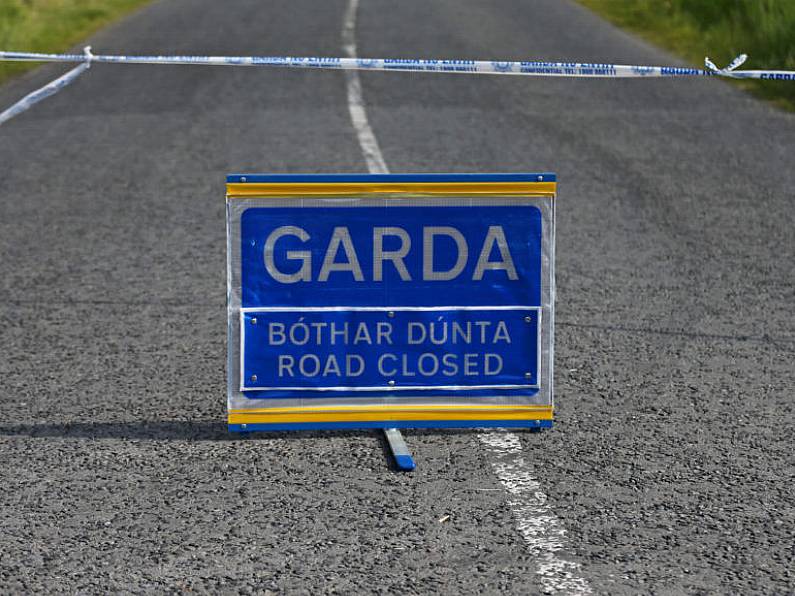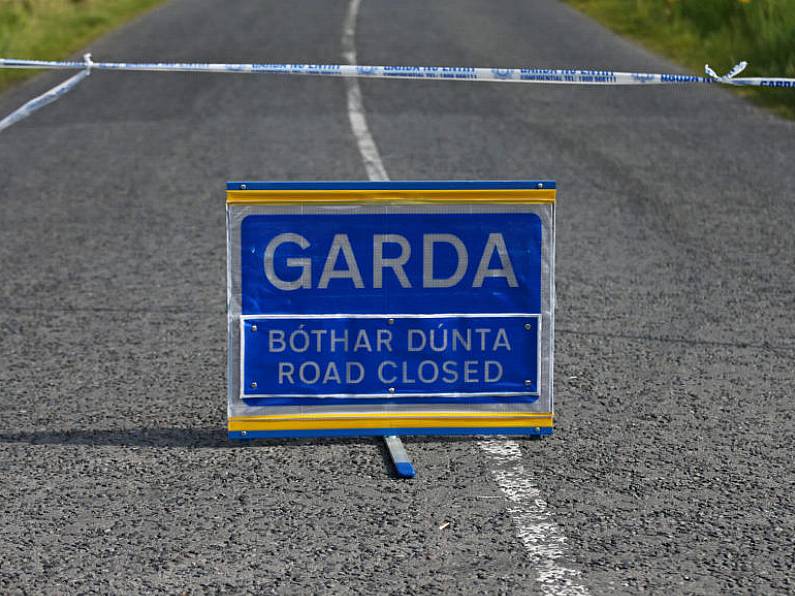By Press Association

Card spending in Ireland dropped by almost a third while cash usage more than halved in the first week of April, according to Central Bank of Ireland.
The public has been encouraged to use contactless payments instead of cash while shopping to stop the spread of Covid-19.
The Central Bank said that if the current level of spending and ATM withdrawals were to continue for the rest of April, it is estimated that overall card spending and cash withdrawals would be €2.6 billion – 40% – lower than in comparison with April last year.
The Central Bank published two separate research papers on the economic impact of the Covid-19 pandemic using real-time economic data.
One of the papers examines the impact on retail card usage in Ireland since the onset of the Covid-19 crisis while the other examines the effect of the pandemic on job postings on recruitment website, Indeed.
The research shows that job vacancies were down by almost a third in the country.
An Economic Letter, written by Central Bank economist Reamonn Lydon and Indeed economist Pawel Adrjan, uses data taken from Indeed to give a real-time indicator on the impact of the Covid-19 pandemic on the labour market both globally and in Ireland, and which sectors have been most affected.

The paper finds that job opportunities are falling fastest in occupations that are directly exposed to the restrictive measures to tackle Covid-19, such as beauty and wellness which saw an 80% decline and hospitality and tourism which experienced a 76% decline.
Countries with a higher share of employment in these occupations – such as Ireland and the UK – have seen some of the largest declines in online job postings on Indeed, the study shows.
The authors find that job postings have generally fallen by 30% to 40% in countries with a higher proportion of employment in occupations with lower work-from-home potential.
This includes Ireland, the UK, Portugal, Spain, Canada and Australia – where the percentage of employment in lower work-from-home occupations ranges from 50% to 60%.
The research paper shows that spending activity on cards initially increased by 790,000 additional transactions, or 22%, on Thursday March 12, relative to the average of the previous 11 days, as people were bulk buying following the Government’s announcement on coronavirus restrictions.
However, the value of both card spending and ATM withdrawals declined rapidly from Monday March 16.
By the time further restrictions were announced on March 27, the value of card spending had already declined by over one-fifth since the first week of March, while the value of ATM withdrawals was down over 40%.
This pattern of declining spending and cash withdrawals continued into the first week of April, with card spending down by almost one-third and ATM withdrawal amounts down 57% on the first week of March.














